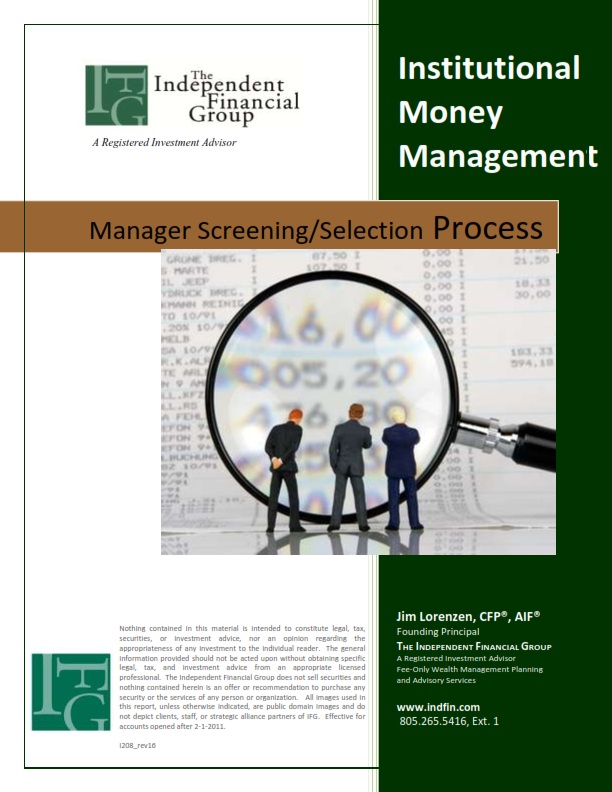There may be times when a Roth conversion may not be your best move.
Here are some examples:
You don’t have the cash to pay the tax. The conversion amount is considered taxable income. If you pay the taxes from the conversion, your Roth will have less money which destroys any advantage a conversion provides. Besides, if you’re under 59-1/2 any money withheld from the conversion counts as a distribution and you’ll owe a 10% penalty to the IRS.
You might need the money within 5 years. There are a couple of 5-year rules that can be ‘gotchas’ that generate additional taxes or penalties. The important thing to remember is that each conversion starts a 5-year holding requirement. Talk with your advisor.
You expect your tax bracket to be lower in future years. This one may be difficult to believe, given the increasing government debt and need for revenue; however, there are considerations worth mentioning: the state of your retirement is one. If you’re in a high tax state and plan to retire in a state that has no state income tax – Florida, for example – you may want to crunch some numbers first. But, even some high-tax states have some advantages. New Jersey, for example excludes the first $100,000 from retirement income. Talk to your tax advisor. Also, if you plan to work in retirement, that may change or calculations.
Your IRA beneficiary will be in a lower tax bracket. If your IRA is large enough and you have other money to live on, it’s very likely your IRA will be inherited by someone else. If it’s a non-spouse (think children or grandchildren), they’ll have to withdraw all the funds within a 10-year period. Will your beneficiary be a low income earner or a high-earning professional? Some advance planning can provide some answers.
You are expecting large medical expenses. Converting all your IRA money to Roth IRAs means there would be no traditional IRA money left to use for medical expenses to take advantage of any deductions that might be available. You’d be paying taxes and wasting the deduction!
You own a business. Any future losses could be used against IRA distributions! If your business is profitable, it’s a better situation and you might want to disregard this one.
The Roth conversion isn’t right for everyone; but, it’s a powerful tool for many, if not most. It’s worth having a plan.
Now, if only I knew where you could find an advisor to help…….





